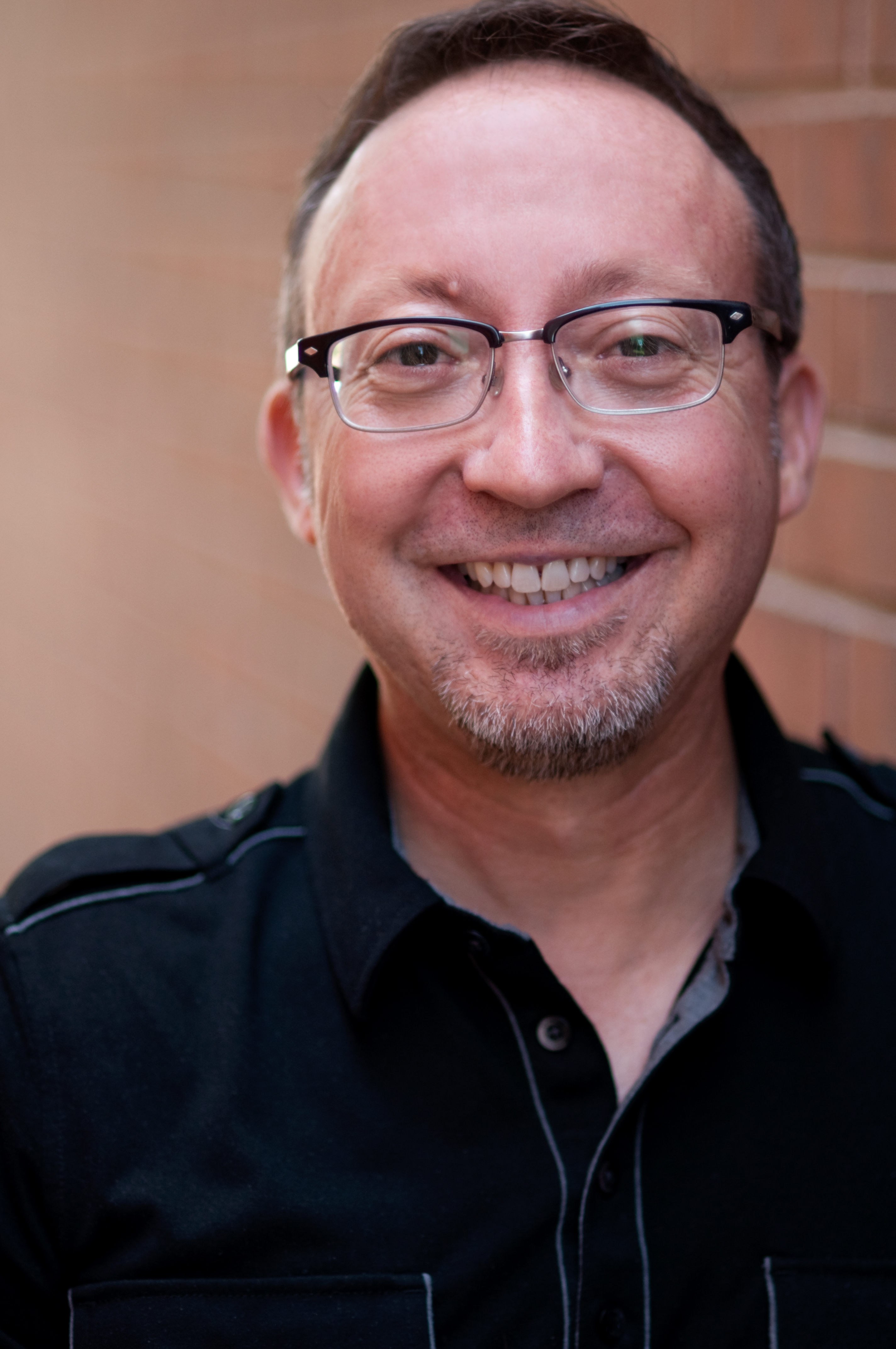In my last blog, Addiction=Despair, I explored what happens when we’re repeatedly wounded in relationships. Many of us, out of sheer desperation, will lose hope or simply kill it. When hope dies or we’re just plain tired of being hurt again, it can lead to a crossroad of decision. We can find ourselves deciding on a path with two options.
Living without Love:
Nobody wants or needs another broken heart. When you’ve been hurt repeatedly by relationships, it’s not a surprise to choose self-protection. We build thick walls around our self, vowing to never let anyone too close again. Rather than bad love, we come to the conclusion that no love is better.
Settling for Less:
The other option is just settling for far less than we are created for. We give ourselves over to our numbing addictions—eating, working, drinking or random sexual encounters. We settle for binging on pornography because it’s safer to watch (false) intimacy from a distance. Rather than live life abundantly, we settle for the IV drip that just barely keeps us alive.
Without hope, both paths can lead to a quiet despair that runs just below the surface of our lives. What is the remedy to this despair?
The Bad News: Vulnerability (ugh!)
Unfortunately the remedies for despair, isolation and addiction are true intimacy and real connection. We need connection with God, others and even our own self on a deeper level. This can sound like bad news to the person who has repeatedly been hurt and given up on relationships. The reason this can feel daunting is because steps out of this self-protective lifestyle will require some vulnerability. But wait!—isn’t this what caused the wounds in the first place—because we opened ourselves up? Yep. And Jesus who was vulnerable from His birth to the cross, asks us to follow Him there for our own healing. Here are a few practical steps towards vulnerability and connection:
Work on addictions and the underlying issues
A first healthy step is to be transparent about whatever addiction has you under control (that is a part of connecting!). Finding a safe person or environment is crucial for this kind of honesty. Usually, other than the habitual part of addiction, there are unresolved wounds or grief that must be addressed. A safe support group (like WGA) or a therapist is always a good place to start.
Press through your resistances
What are the barriers that keep you from connecting in healthy ways? Is it fear or shame, or a tendency to isolate? We have to press into our own self sabotaging resistances to connecting—which is where the next point helps.
Take one small step
We can’t change overnight. Pressing into addictions, grief, fear and shame can feel overwhelming. What’s one small achievable step that can break the cycle and help in connecting on a healthy level? Sharing your story with a safe person? Trying out a support group meeting? Can you call up a friend, instead of spending another night alone at home? Keep taking small steps till you feel comfortable and brave to risk more.
Choose life!
“This day I call the heavens and the earth as witnesses against you that I have set before you life and death, blessings and curses. Now choose life, so that you and your children may live.” Deuteronomy 30:19

Scott Kingry
Program Director
A staff member since June of 1992, Scott is a key player in the WGA discipleship ministry. He plans, organizes, and implements every aspect of the Thursday night support group. In addition to public speaking, counseling group participants and training leaders, Scott maintains personal contact with many group members and it is to Scott’s credit that many group members feel personally welcomed, cared for and loved.
Although he holds a degree in graphic arts, he attributes his ministry qualifications to the “school of hard knocks.” God’s abundant grace continues to be the instrument of growth in his life, and he desires to be firmly grounded in the forgiveness and freedom of relationship with Jesus Christ.
Scott attends a Presbyterian Church.
Make a Difference in Someone's Life
If you enjoy reading WGA’s blogs and would like to show your support, please consider making a donation. Where Grace Abounds is a 501(c)3 non-profit organization. The majority of services, including support groups and discipleship counseling, are provided free of charge. Your financial gifts help to cover the costs associated with offering a free program to those who seek WGA’s services.

